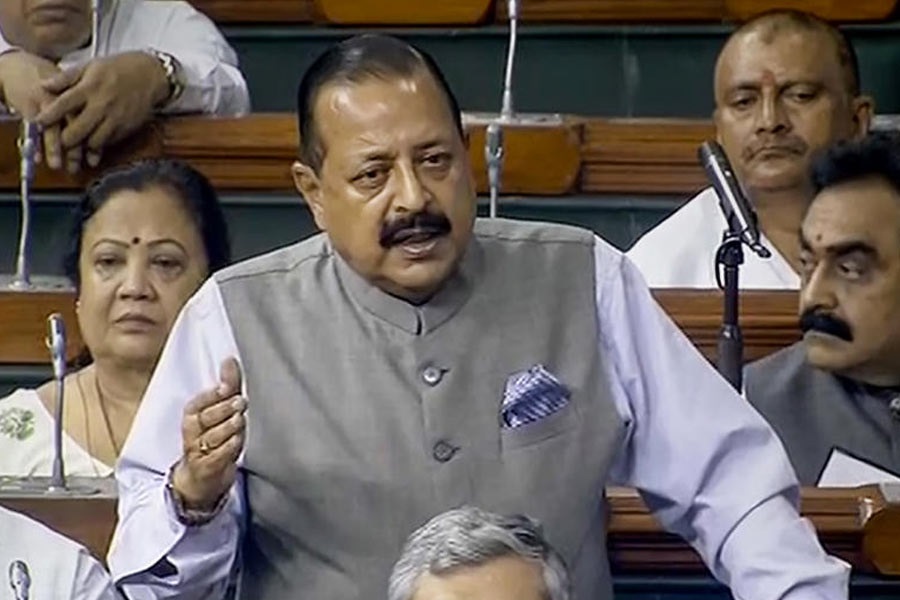
Policy Update Addresses Work-Life Balance for Central Government Staff
In a significant development for Central government employees, Union Minister of State for Personnel Jitendra Singh clarified that existing leave rules now permit staff to take time off for caregiving responsibilities, including attending to elderly parents. This clarification, made during a Rajya Sabha session on Thursday, highlights the government’s commitment to balancing professional duties with personal obligations. The Central Civil Services (Leave) Rules, 1972, which govern leave entitlements, were cited as the foundation for this policy. The minister emphasized that these provisions are not new but have been explicitly highlighted to address the evolving needs of employees. This update comes amid growing discourse on workplace flexibility and the importance of family care in modern work environments.
Comprehensive Leave Entitlements for Central Government Employees
The 1972 rules outline a structured framework for leave allowances, including 30 days of earned leave, 20 days of half pay leave, eight days of casual leave, and two days of restricted holidays annually. These provisions, Singh noted, are designed to accommodate a wide range of personal circumstances, from medical emergencies to family responsibilities. The inclusion of caregiving for elderly parents within this framework underscores the government’s recognition of intergenerational support as a critical aspect of employee well-being. While the rules do not specify additional leave for caregiving beyond existing categories, the minister’s clarification ensures that employees can utilize their existing entitlements for this purpose. This approach aligns with broader trends in labor policies that prioritize work-life integration.
Broader Implications for Work-Life Balance and Employee Welfare
The minister’s statement reflects a growing awareness of the challenges faced by government employees in managing professional and personal responsibilities. By explicitly acknowledging caregiving duties as a valid reason for leave, the policy addresses a common concern among working professionals. This update is particularly significant given the aging population and the increasing prevalence of caregiving responsibilities in India. Experts suggest that such policies can enhance employee morale, reduce burnout, and improve overall productivity. However, some advocates argue that the current framework could be expanded to include more targeted provisions for caregiving, such as flexible work hours or additional leave days. The minister’s clarification, while important, may represent a step toward more comprehensive reforms in the future.
Contextualizing the Policy in India’s Labor Framework
The 1972 leave rules form a cornerstone of India’s civil service labor policies, balancing administrative efficiency with employee welfare. While the current provisions are applicable to Central government employees, state government employees fall under different regulatory frameworks. This distinction highlights the complexities of implementing uniform caregiving policies across the country’s diverse administrative structure. The minister’s emphasis on existing entitlements suggests that the government is prioritizing policy interpretation over structural reform. However, advocates for labor rights argue that the absence of specific caregiving provisions in state-level rules may create disparities in employee benefits. As India continues to evolve its labor policies, the integration of caregiving support into both central and state frameworks remains a critical area for development.
Future Directions for Caregiving Support in Government Policies
The minister’s clarification marks a pivotal moment in the evolution of caregiving support for government employees. While the current rules provide a foundation, experts recommend further refinements to address gaps in the system. Potential improvements could include dedicated caregiving leave, enhanced mental health support, and flexible work arrangements. The growing recognition of caregiving as a societal imperative has prompted calls for more inclusive labor policies that reflect the realities of modern work-life dynamics. As discussions on this topic continue, the government’s approach to balancing administrative needs with employee well-being will likely shape future reforms. For now, the 1972 rules remain a critical reference point, offering a framework that, while not perfect, represents a meaningful step toward supporting government employees in their caregiving responsibilities.



